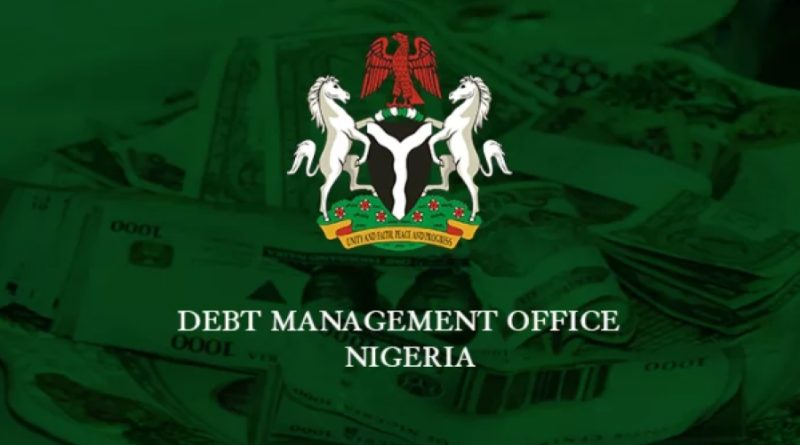Nigeria’s debt profile has dropped sharply under Tinubu – NOA
The National Orientation Agency (NOA) has stated that Nigeria’s total public debt has “significantly decreased” since President Bola Tinubu assumed office in 2023, countering widespread claims of ballooning national debt.
In an explainer released on October 24, the NOA said misinformation had created a “false narrative” about Nigeria’s debt burden. Citing data from the Debt Management Office (DMO), Central Bank of Nigeria (CBN), Ministry of Finance, Federal Inland Revenue Service (FIRS), National Bureau of Statistics (NBS), International Monetary Fund (IMF), and the World Bank, the agency maintained that the country’s debt situation has actually improved.
According to the NOA, Nigeria’s total public debt stood at $113.42 billion as of June 2023, with a debt-to-GDP ratio below 40 percent, a level considered sustainable by both the IMF and the World Bank. The agency noted that by December 2024, total public debt had declined to approximately $94.22 billion, representing a reduction of over $19 billion in just 18 months.
“The reduction in Nigeria’s debt shows that the federal government is actively managing its borrowings and repayments,” the NOA stated. “Instead of accumulating more debt, Nigeria has been making down payments on some of its loans and avoiding unnecessary new borrowings. This is a positive sign of fiscal responsibility.”
However, the DMO, in its October 12 report, placed Nigeria’s total public debt at N152.39 trillion as of June 30, an increase of N3 trillion or 2.01 percent from the N149.39 trillion recorded in March. This apparent discrepancy, analysts say, stems from differing valuation methods and currency exchange effects between the NOA’s dollar-based figures and the DMO’s naira-based assessments.
The NOA’s explainer further revealed that before the Tinubu administration took office, Nigeria’s debt servicing consumed nearly all government revenue, with 97 percent of federal income in the first half of 2023 going to debt repayments. By contrast, the agency reported that the ratio had improved to 68 percent by the end of 2024, and further reduced to less than 50 percent by mid-2025.
“While still high, this represents a significant improvement, showing better fiscal management and increased government revenue,” the agency said.
The report highlighted that the federal government had demonstrated fiscal discipline by repaying a $3.26 billion IMF loan within two years and spending about $7 billion on external debt servicing in the first 18 months of the Tinubu administration.
Despite the debt reduction, the NOA admitted that Nigeria still faces economic challenges due to its over-reliance on oil revenue. It added that the government has intensified efforts to boost non-oil revenue through enhanced tax collection and plugging leakages.
“In the first half of 2024, non-oil revenue increased by 30 percent compared to the same period in 2023,” the NOA reported. “The Nigeria Customs Service collected N1.3 trillion in the first quarter of 2025, more than double the N600 billion collected in the same period in 2023.”
The agency said Nigeria’s economy is showing signs of recovery, with the World Bank projecting a 3.7 percent GDP growth rate for 2024, driven by agriculture, telecommunications, and services—the country’s strongest performance in a decade outside post-pandemic rebounds.
It added that the federal government is investing heavily in infrastructure, agriculture, digital economy, and small businesses to diversify the economy and ensure sustainable growth beyond oil.

